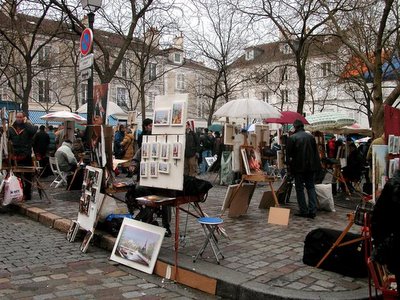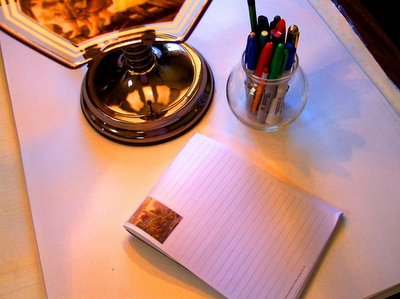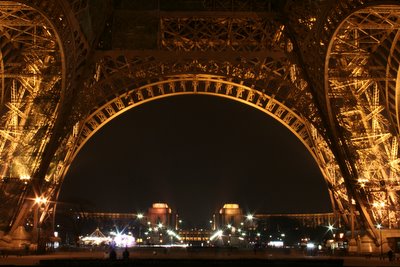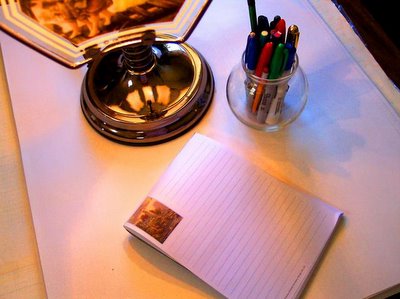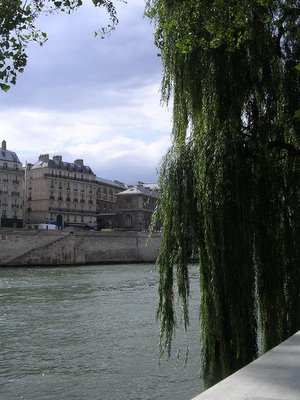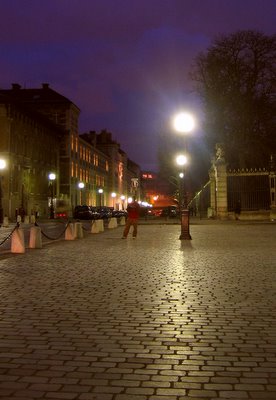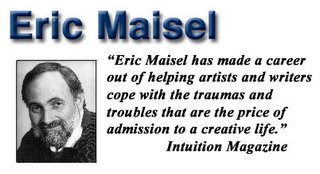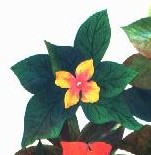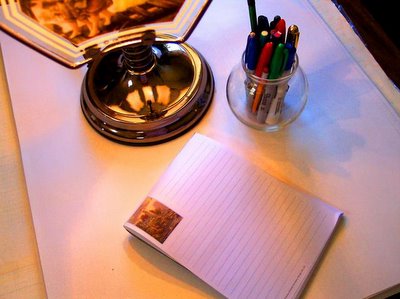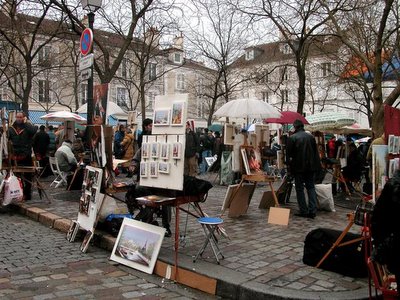
The human spirit is larger than the life a person ordinarily leads. The human spirit vibrates at an heroic pitch and yet there is almost no heroism that a person can engage in on most days, except the not-insignificant heroism that it takes just to meet our daily obligations and live life. Those everyday heroic efforts, however, do not provide us with the felt sense that the poignant cry of our human spirit has really been answered.
How do we try to answer that cry? Most often, by seeking out vicarious means. We live a vicariously heroic life by reading a book about a heart-stopping adventure, watching a movie about saving the world, listening to music that enflames the blood, playing a game of poker “as if” something were really at stake. Much of life can be explained as the human spirit’s restless attempt to meet its need for heroism in the real world—and its repeated inability to do so.
Because of this (often complete) disjunction between the grandness of our human spirit and the paltriness of ordinary life, spiritual discouragement sets in. This spiritual discouragement, and not the many tasks that we tackle, causes people to feel preternaturally tired. This spiritual discouragement, and not too little fiber or too many sweets in our diet, makes people sick. Squash down our human spirit in the way that it is squashed down in the course of an average day and by day’s end we are lucky to still be breathing.
Consider the plight of a good friend of mine. She has worked in the non-profit world for more than twenty-five years, toiling in the fields of good causes. About ten years ago she became executive director of a nonprofit that dealt in environmental issues, then she moved on to become the executive director of a housing nonprofit that helped low-income people buy their first home, and now she is the executive director of a nonprofit that supports scientific research by handing out grants to young scientists. Each of these non-profits adds value to the world—no doubt about it.
What is most true about my friend’s time at these nonprofits is that her spirit has not been served. The same seems true for a great many of the people she comes into contact with on a daily basis in the nonprofit world. They know that they are “on the side of good” but what they feel, as they go about their business of saving this bird from extinction, finding that family the money for a first home, or supporting this young scientist on his dissertation research, is an abiding sense of drudgery, boredom, and smallness. This is not true of all of them; but it is true of a surprising number of them. Why can’t the human spirit soar simply by virtue of the fact that its goals are laudable? Because the human spirit really needs more.
By contrast, an artist who paints images of birds or who conjures with bird energy on canvas may feel her spirit soar, even if, as happens, she isn’t pleased with the result, isn’t sure about its meaningfulness, and isn’t sanguine about its reception. The challenge was somehow appropriate to her spirit: that is the long and the short of it. She might agree with you that her painting did nothing to save actual birds from extinction; she might go on to have a nice chicken dinner, her conjuring notwithstanding; she might destroy her painting by nightfall, reckoning it a failure at the level of craft. Nevertheless, as she painted, her spirit felt satisfied.
This is interesting. In the first case, the fundraiser actually helps save birds. In the second case, the artist only has a feeling of heroism: no actual bird has been saved. Yet the artist feels better than the fundraiser. So the question arises, what should have primacy in an ethical person’s hierarchy, doing work that saves actual birds or doing work that provides her with a feeling of heroism, actual birds be damned? I hope that you are laughing a little and also reeling a little. A little ironic laughter is appropriate, given how the universe has built us, as creatures who need to earn our sense of heroism and who, at the same time, are provided with only convoluted ways of doing that earning.
An interesting answer is the following one: paint the painting, if that is what satisfies your soul, sell it, and donate a portion of your sales to the nonprofit, essentially having your cake and eating it too. Feed your spirit and save the actual bird. This might be a fine, rational solution to the problem of how to meet our felt need for heroic engagement and we should look closely at it. But one thing should strike us immediately. If everyone with a human spirit—that is, if everyone—took this route, there would be no nonprofits to support. Every nonprofit worker would be “following her bliss,” child-advocacy lawyers would be samurai, emergency room doctors would be troubadours, school teachers would be wandering in the wilderness, looking for new worlds and large adventures. Maybe you and I have permission to find ways to allow our spirits to soar—but we can’t give everyone that permission! No one would be left to do the work of civilization.
It looks like it may be the case that the way to relieve spiritual discouragement in the individual can’t also be the way to relieve it in society in general. But that remains to be seen, as we are just at the beginning of our conversation. Next Sunday I want to chat about the following idea: can our spiritual discouragement, rooted in the need to feel heroically engaged, be met by the Taoist/Zen ideas of mindful presence and fully inhabiting the moment? Chat with you then! Read more!
